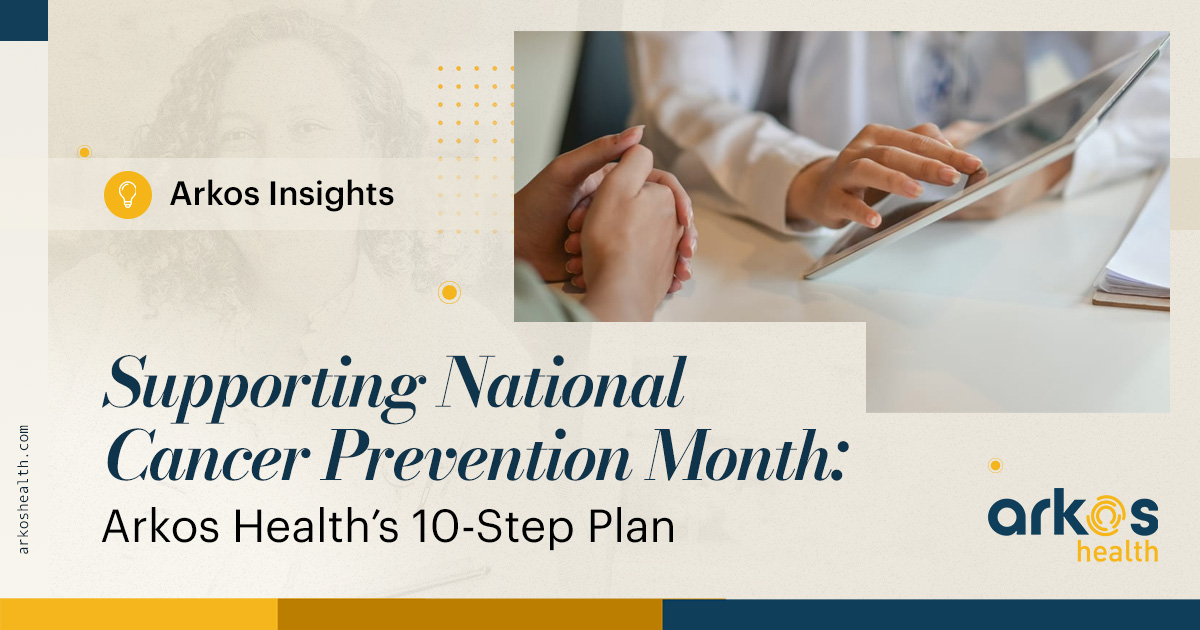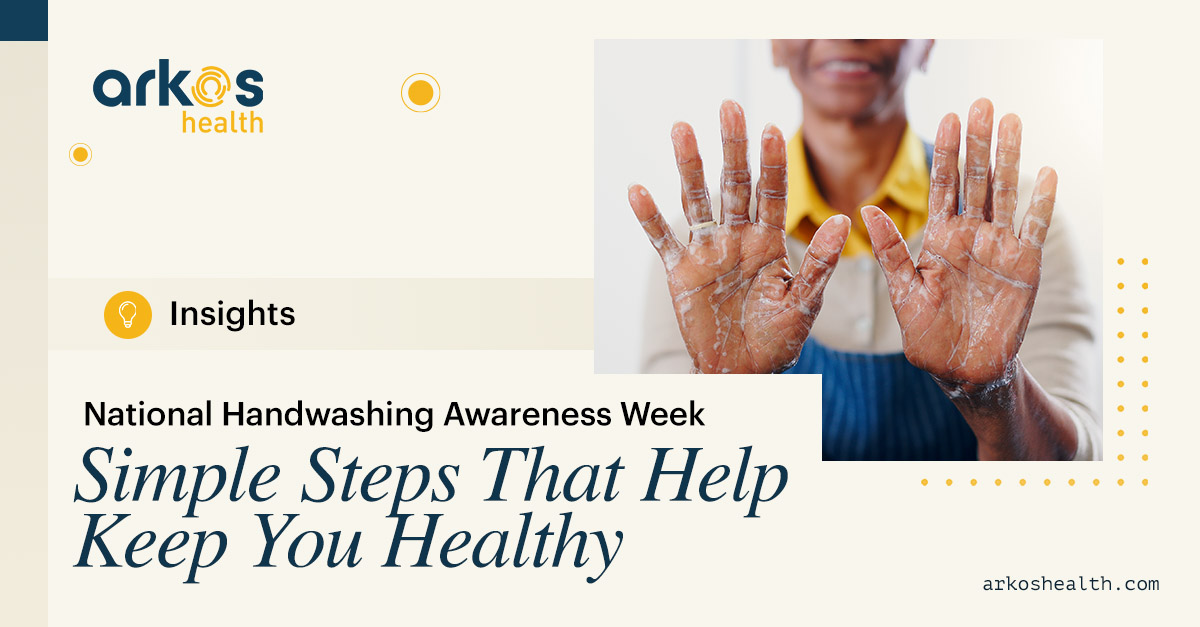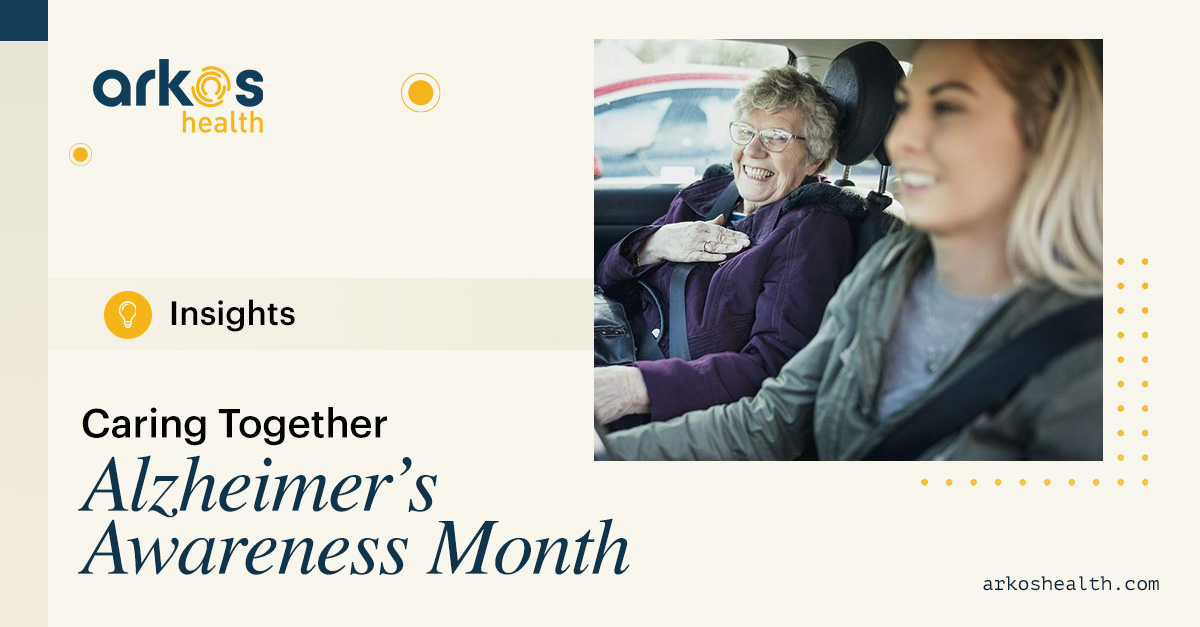
February marks National Cancer Prevention Month, an opportunity to raise awareness about cancer prevention and the measures we can take to reduce our risk. At Arkos Health, we are committed to supporting individuals in making informed decisions for a healthier future. While not all cancers can be prevented, there are proactive steps individuals can take to lower their risk. Below are 10 steps to take:
- Adopt a Healthy Diet: A diet rich in fruits, vegetables, whole grains, and lean proteins can reduce the risk of cancer. Limiting processed meats and red meats is also good to do. Incorporating healthy choices into your daily meals not only supports cancer prevention but also promotes overall well-being.
- Maintain a Healthy Weight: Obesity is linked to many types of cancer, including breast, colon, and kidney cancer. Achieving and maintaining a healthy weight through balanced diet and regular physical activity can significantly lower your risk.
- Regular Physical Activity: Physical activity can help control weight, improve your immune system, and reduce your cancer risk. Even simple activities like walking, cycling, or yoga can make a difference. Aim for at least 30 minutes of moderate exercise a day.
- Avoid Tobacco: Tobacco use is one of the most significant risk factors for cancer. Whether you smoke cigarettes, use smokeless tobacco, vape, or are exposed to secondhand smoke, each can increase your risk. Quitting tobacco use or avoiding exposure to secondhand smoke are crucial steps in cancer prevention.
- Limit Alcohol Consumption: Alcohol consumption is linked to several cancer types, including liver and breast cancer. If you choose to drink, do so in moderation.
- Protect Yourself from the Sun: Skin cancer is one of the most common types of cancer. Use a broad-spectrum sunscreen with an SPF of at least 30, wear protective clothing, and avoid peak sun hours. Tanning beds also pose a risk and should be avoided.
- Get Vaccinated: Vaccinations can help prevent certain virus-related cancers. For instance, the HPV vaccine protects against cervical and other cancers, and the hepatitis B vaccine can lower the risk of liver cancer.
- Regular Health Screenings: Regular screenings and examinations can detect cancer early, when it is most treatable. Consult with your healthcare provider about appropriate screenings for your age and risk factors. Tools like mammograms, colonoscopies, and Pap tests are integral to early detection.
- Minimize Exposure to Environmental Toxins: Be aware of environmental factors that may be carcinogenic. This includes areas of high pollution, certain chemicals, and workplace hazards. If applicable, use protective gear and follow safety guidelines.
- Manage Stress: Chronic stress can have many adverse health effects, including potentially affecting cancer risk. Engage in stress-reducing activities like meditation and deep-breathing exercises.
At Arkos Health, we understand that taking these steps can be challenging. Our commitment is to provide education, support, and resources to empower individuals in their journey toward cancer prevention. Throughout National Cancer Prevention Month and beyond, we encourage you to make sustainable changes for a healthier lifestyle. To learn more, visit Arkos Health today.
BY Arkos Insights
Published February 18, 2025 3:13AM


